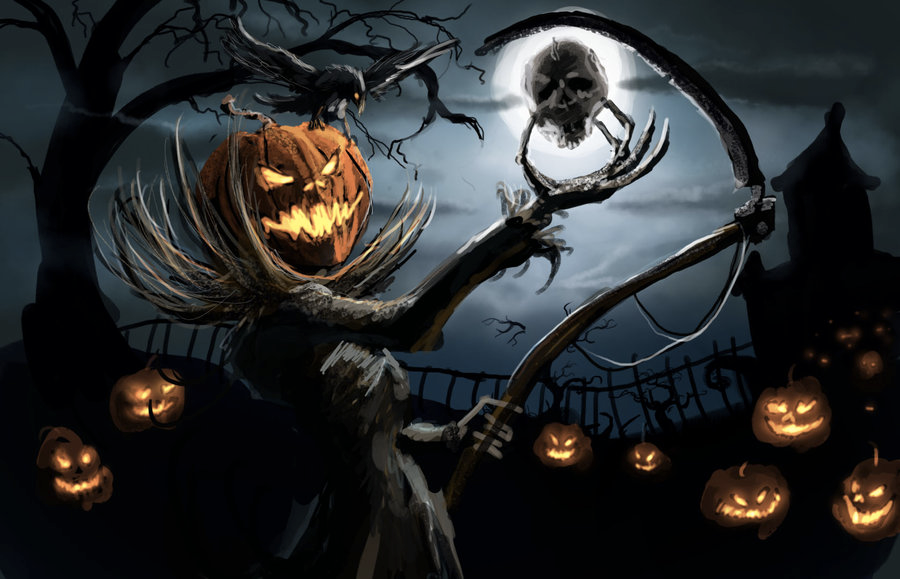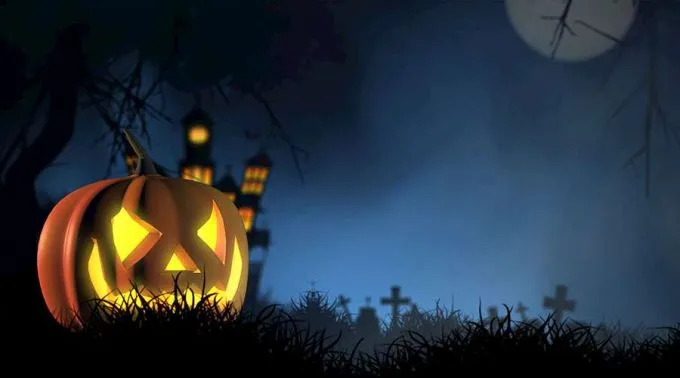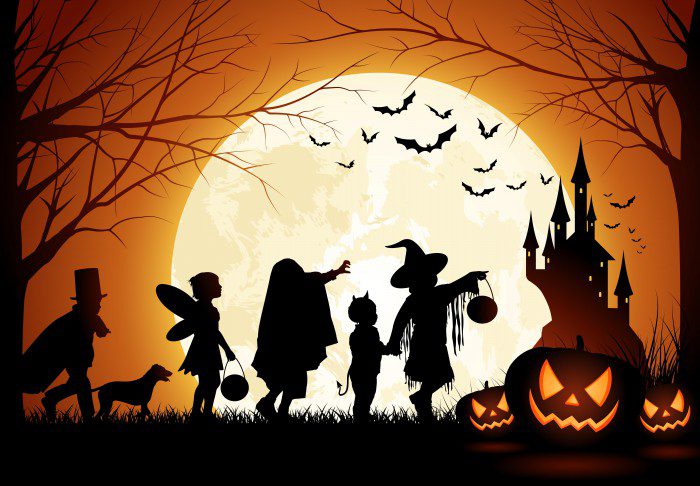
Introduction
Halloween is a celebratory feast celebrated every year on October 31st, the eve of All Saints Day. It is performed in most Western countries, but is more representative in the United States. In this country, carried by the Irish immigrants, it arrived in the middle of century XIX.
History of Halloween
The history of this commemorative date is more than 2,500 years old. It arose among the Celtic people, who believed that on the last day of summer (October 31), the spirits would leave the cemeteries to take possession of the bodies of the living. To frighten these ghosts, the Celts placed frightening objects in their homes, such as skulls, decorated bones, pumpkins adorned among others.
Being a pagan party was condemned in Europe during the Middle Ages, when it came to be called Halloween. Those who celebrated this date were persecuted and condemned at the stake by the Inquisition.
In order to diminish pagan influences in Medieval Europe, the Church Christianized the feast, creating the Day of the Dead (November 2).

Symbols and Traditions
This party, because it is related in its origin to the death, rescues elements and frightening figures. They are common symbols of this party: ghosts, witches, zombies, skulls, monsters, black cats and even characters like Dracula and Frankenstein.
The children also participate in this party. With the help of their parents, they wear scary costumes and go from door to door in the neighborhood, where they release the phrase "trick or treat." Happy, end the night of October 31, with sacks full of treats, candies, chocolates and sweets.
Halloween in Brazil
In Brazil, the celebration of this date is recent. It came to our country through the great influence of American culture, especially coming on television. The English language courses also contribute to the spread of the party in the national territory, as they value and celebrate this date with their students: a way of experiencing with students the North American culture.
Reviews
Many Brazilians argue that the date has nothing to do with our culture and therefore should be left out. They argue that Brazil has a rich folklore that should be more valued. To this end, the government created the Saci Day in 2005 (also celebrated on October 31).
The commemoration of the date also receives strong criticism from the religious sectors, especially from the Christian religions. The argument is that the festival of pagan origin disseminates, especially among children and young people, ideas and images that do not correspond to Christian principles and values. According to these religious, the images valued on Halloween are negative and contrary to the practice of good.

Nenhum comentário:
Postar um comentário